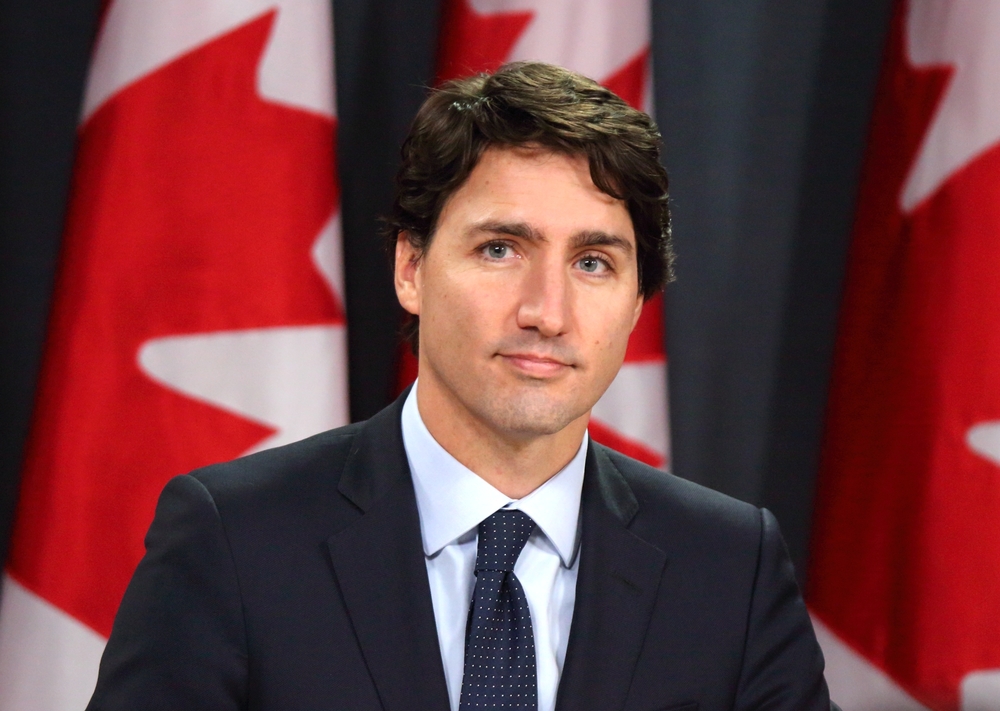Fed turns on the culture taps
The Liberal government delivered its first budget this week, promising millions in funding for the CBC/Radio-Canada, as well as Telefilm and the NFB.

The new Liberal government delivered its first budget on Tuesday, promising a raft of new financing to various organizations in Canada’s culture industry.
CBC is the biggest beneficiary of the proposed budget, which has to be passed by the Liberal-controlled House of Commons before all spending is confirmed. Overall, the budget included nearly $1.9 billion over five years for culture organizations including the Ceeb, Telefilm and the NFB, starting in 2016/17.
That commitment included a proposal to invest $675 million in CBC over the next five years. The federal government is set to invest $75 million in CBC for 2015/16, followed by $150 million each year through 2020/21, an approximate 13% increase per year (post 2016) over current levels. The budget also stipulates that the Minister of Canadian Heritage will work with the CBC to develop a “five-year accountability” plan.
“Reversing past cuts will enable the CBC/Radio-Canada to invest in its ‘Strategy 2020: A space for us all’ priorities, leading to the creation of Canadian content which will be more digital, local and ambitious in scope,” the budget reads. “To remain relevant and successful, the CBC/Radio-Canada needs to invest in new multi-platform content and more innovative programs. Restored funding will also support investment in enhanced services, such as the digitization of archives. This government is reinvesting and re-engaging with the CBC/Radio-Canada and will be working with it as it develops a new vision, mandate and accountability plan to ensure the institution’s long term sustainability.”
Funding for Telefilm Canada in the budget, meanwhile, has been set at $22 million over five years, with $2 million set aside for 2016/17 and then $5 million per year after that. A total of $13.5 million over five years has also been earmarked for the National Film Board to create social-issue docs, animation and digital content.
The budget also includes $550 million in the Canada Council for the Arts, for grants, services and awards to Canadian artists and arts organizations. The budget also included a proposed $35 million additional investment to support Canadian artists and cultural industries abroad.
This reinvestment in Canada’s cultural organizations helps mitigate some of the financial blows dealt to Telefilm, the National Film Board and the CBC in the Conservative’s 2012 budget. That budget saw funding reduced across the Canadian Heritage Portfolio.
The 2012 federal budget saw Stephen Harper’s Conservatives cut CBC’s funding by $115 million over three years. Telefilm saw its budgetary appropriation cut by $10.6 million over three years, with the NFB’s funding cut by $6.7 million over three years. The CBC, meanwhile, saw its parliamentary allocation reduced by $27.8 million in 2012-13, $69.6 million in 2013-12 and then $115 million from 2014-15 onwards.
The pubcaster’s government funding, which includes parliamentary allocations and the amortization of deferred capital funding, was $1.167 billion in 2010-11. Government funding dropped to $1.162 billion for 2011-12, then to $1.091 billion for 2013-14, and $1.036 billion for the 2014-15 year, according to CBC’s annual reports.
The government cuts joined a perfect storm of budgetary woes for the CBC in recent years, as the TV ad market has softened, it lost its NHL programming rights and the associated ad revenue, as well as the smaller, but still significant, loss of the Local Programming Improvement Fund. Resulting budget cuts at the pubcaster over the past several years have included $28.4 million from the LPIF and $130 million following the loss of the hockey rights. As a result of those financial pressures, CBC announced in April 2014 it was cutting over 650 jobs over two years.
In a statement issued by CBC following the budget, president and CEO Hubert Lacroix said the funding allocated to the pubcaster in the budget was “great news.”
“This reinvestment is a vote of confidence by government and by Canadians in our programs, our people, and our vision for the future,” Lacroix said. The release said the CBC will be using the fund to create new content, support digital endeavours, including jobs focused on digital media, with more information to be shared “in the weeks ahead.”
In a statement sent to industry, Telefilm Canada said the additional funding will be put towards coproduction opportunities and promoting Canadian talent. The two areas were identified as priorities in the 2015-2018 strategic plan, Inspired by Talent. Viewed Everywhere.
Lily Robert, director of communications, marketing and public affairs for the National Film Board, said the additional funding means the organization’s budget for the next fiscal year will be $61.5 million, and then will be steady at about $63 million for the next four years. The replenished funding will be funneled towards production, its digital platforms and developing distribution and audience engagement strategies, Robert said.
In a statement released by the CMPA following the budget announcement, president and CEO Reynolds Mastin said the organization welcomed the federal government’s financial commitment to the CBC – noting it expects much of that funding to go towards original production – and its $35 million commitment to promoting Canadian artists and cultural industries abroad. However, the CMPA did indicate it did not think the budget’s allocation to Telefilm was enough.
“We intend to pursue discussions with the government on how to achieve our shared goal of ensuring the national and international success of Canadian theatrical films,” Mastin said in a statement.
Photo: Art Babych / Shutterstock.com
– Updated at 11:23 a.m. March 23, 2016

 The definitive CDN broadcast and production resource.
The definitive CDN broadcast and production resource.










